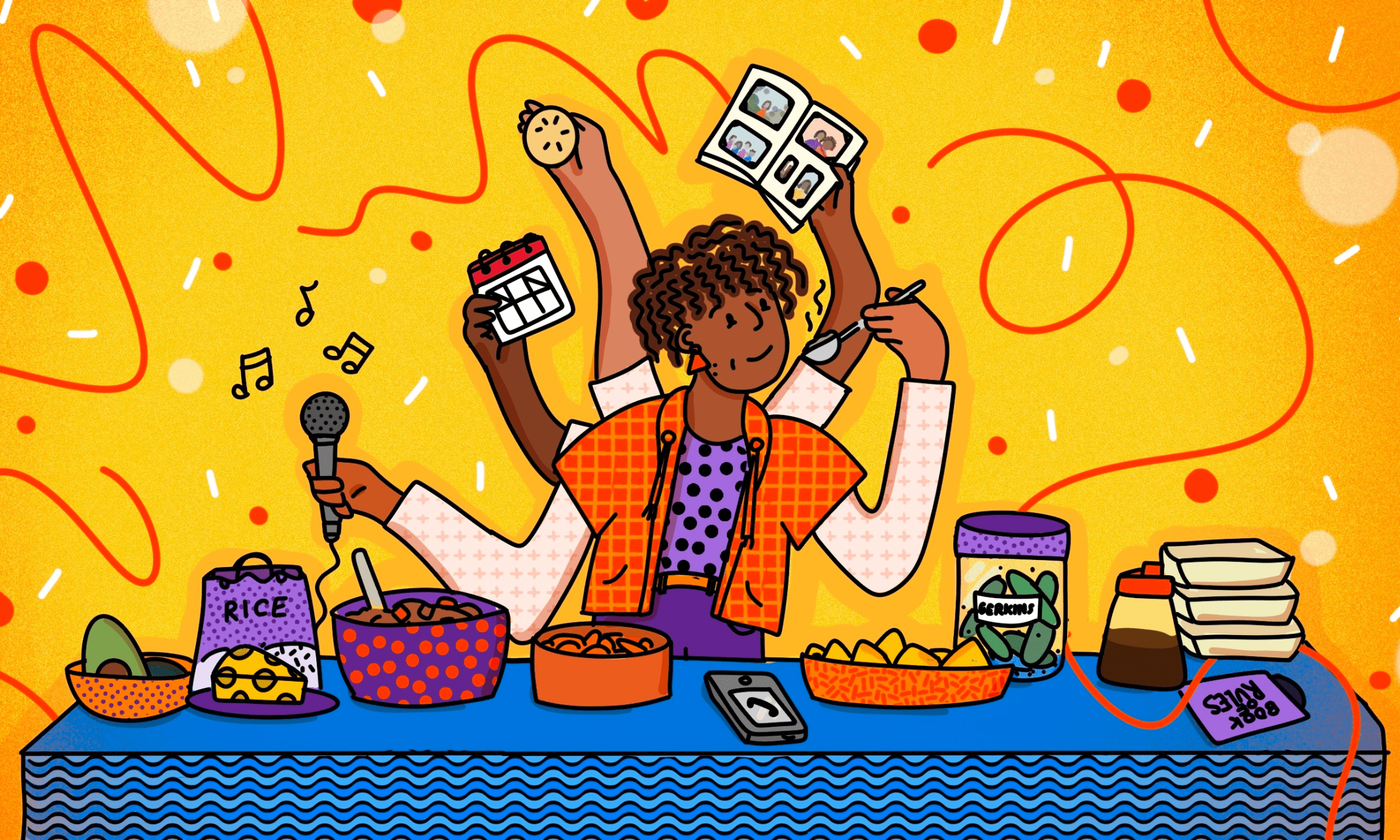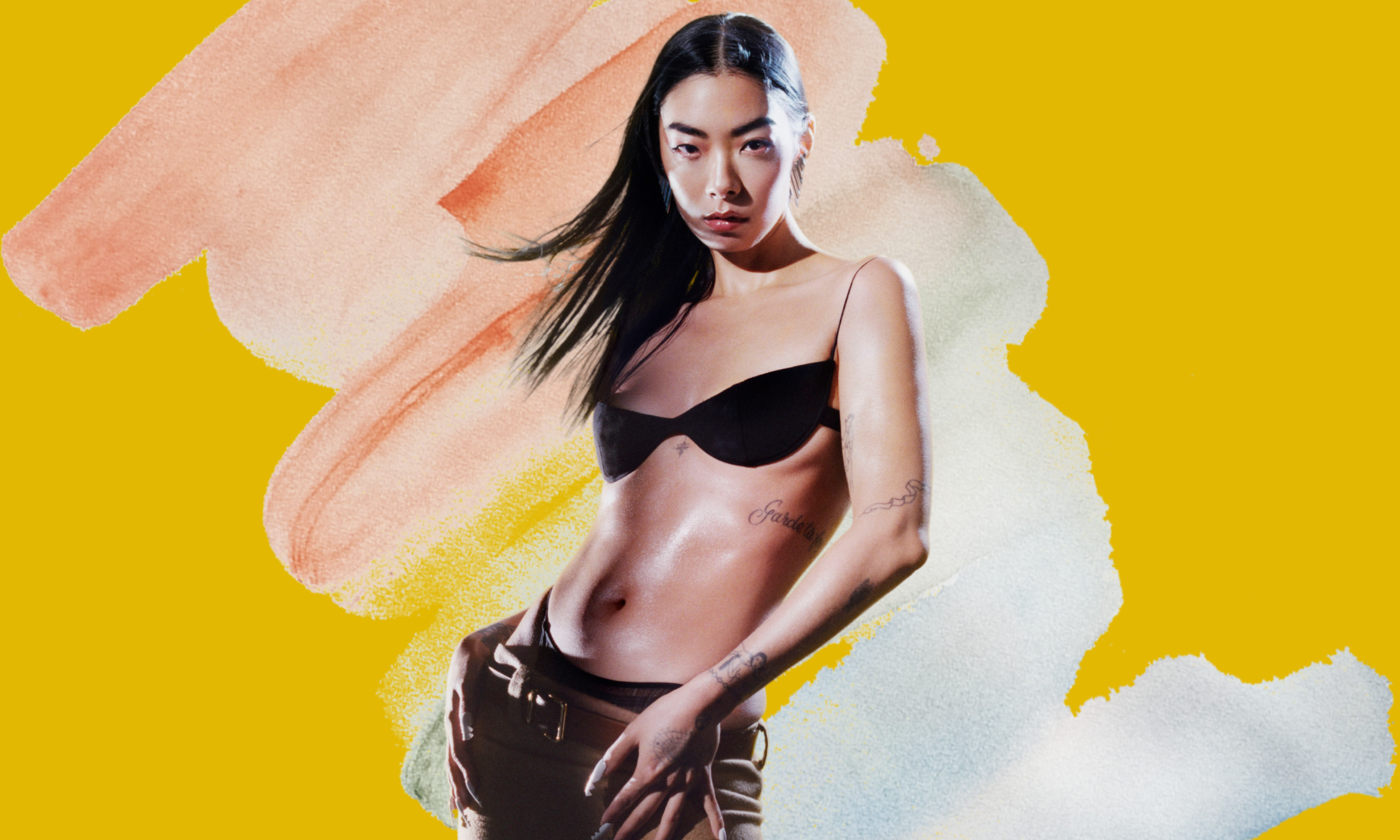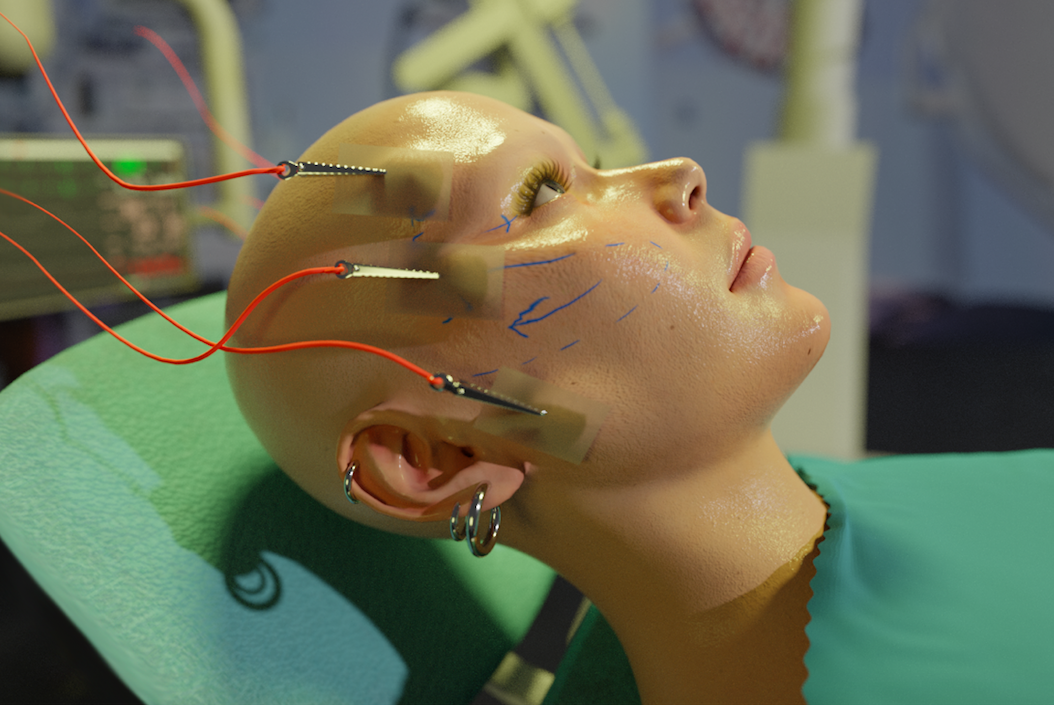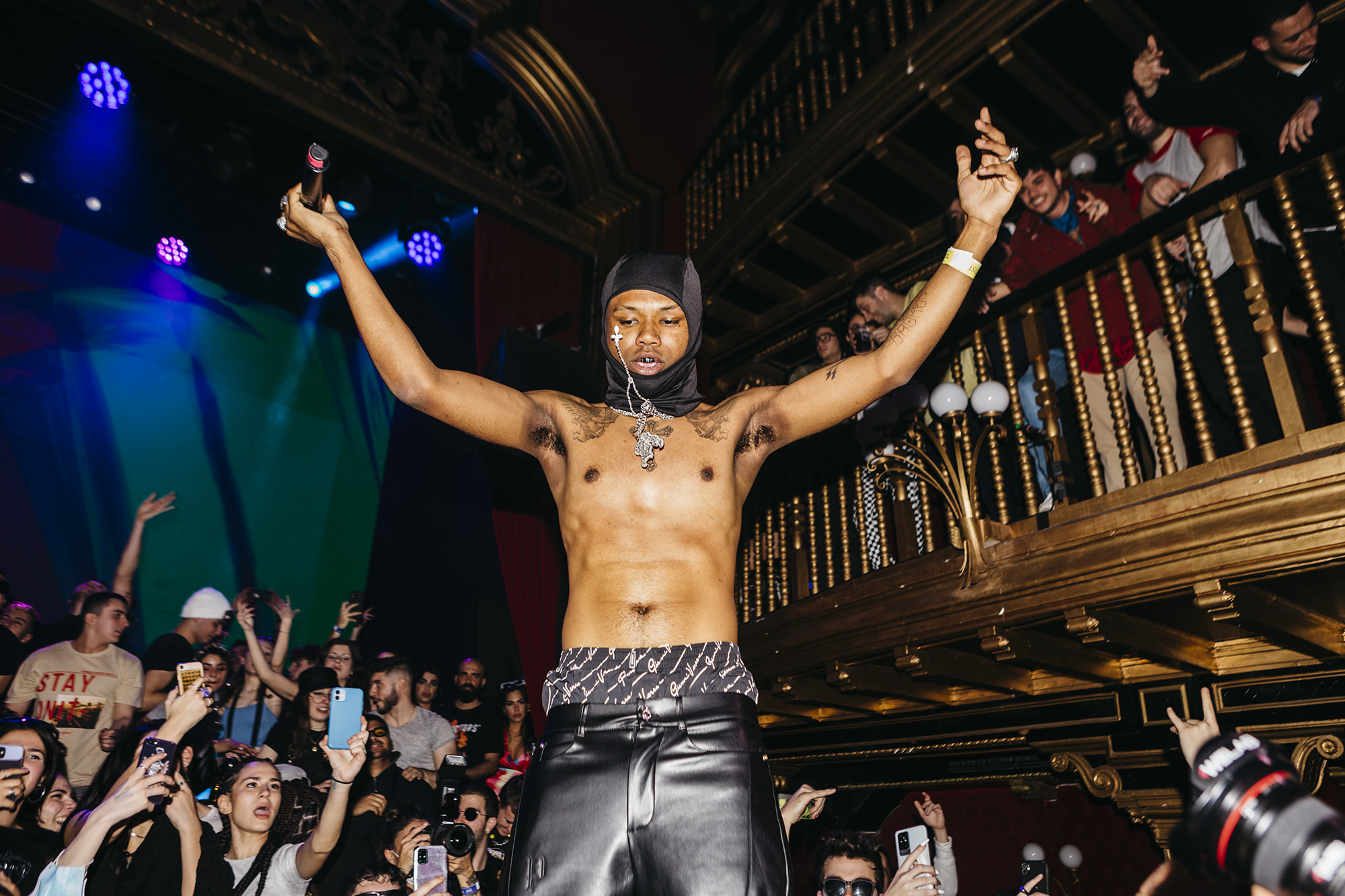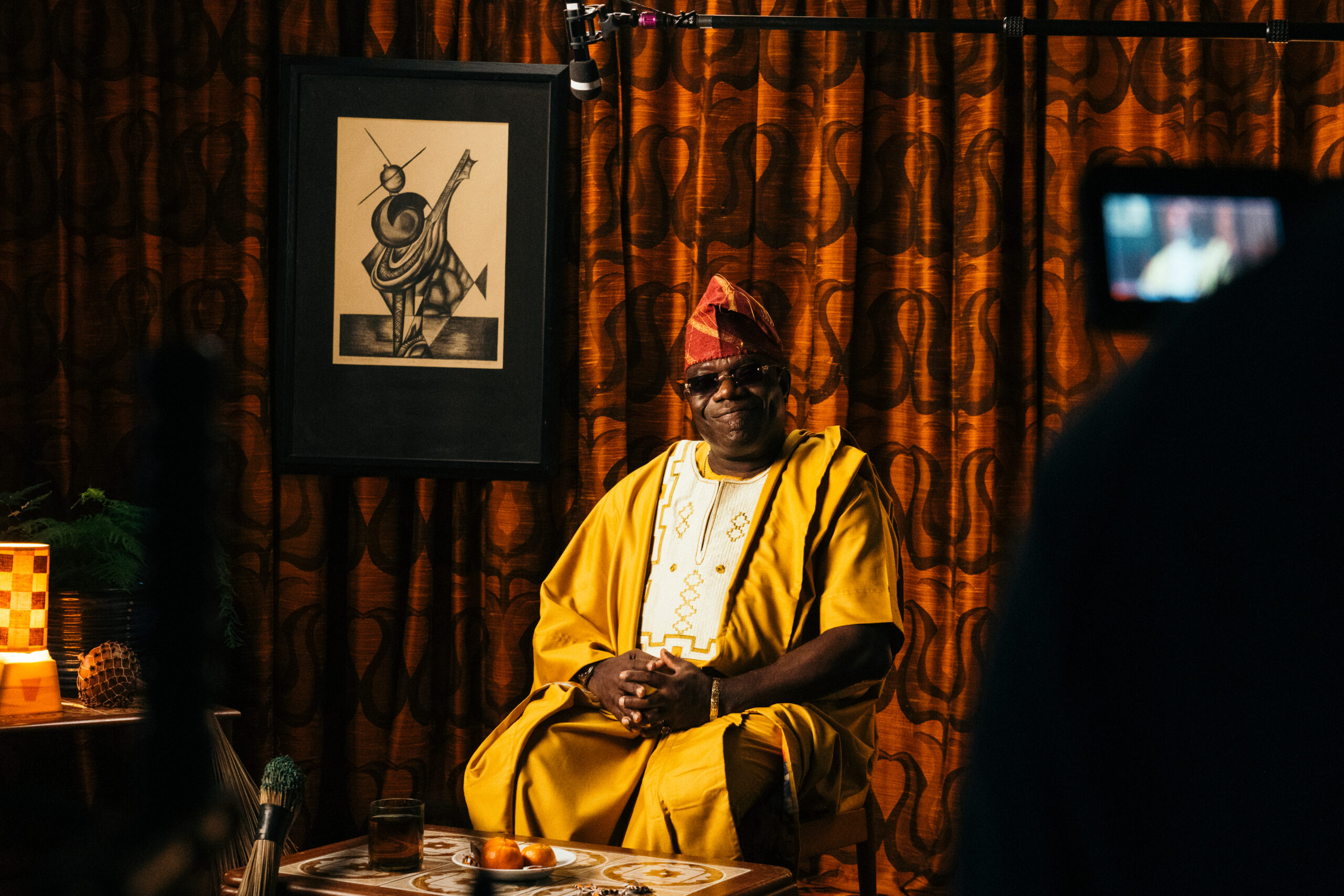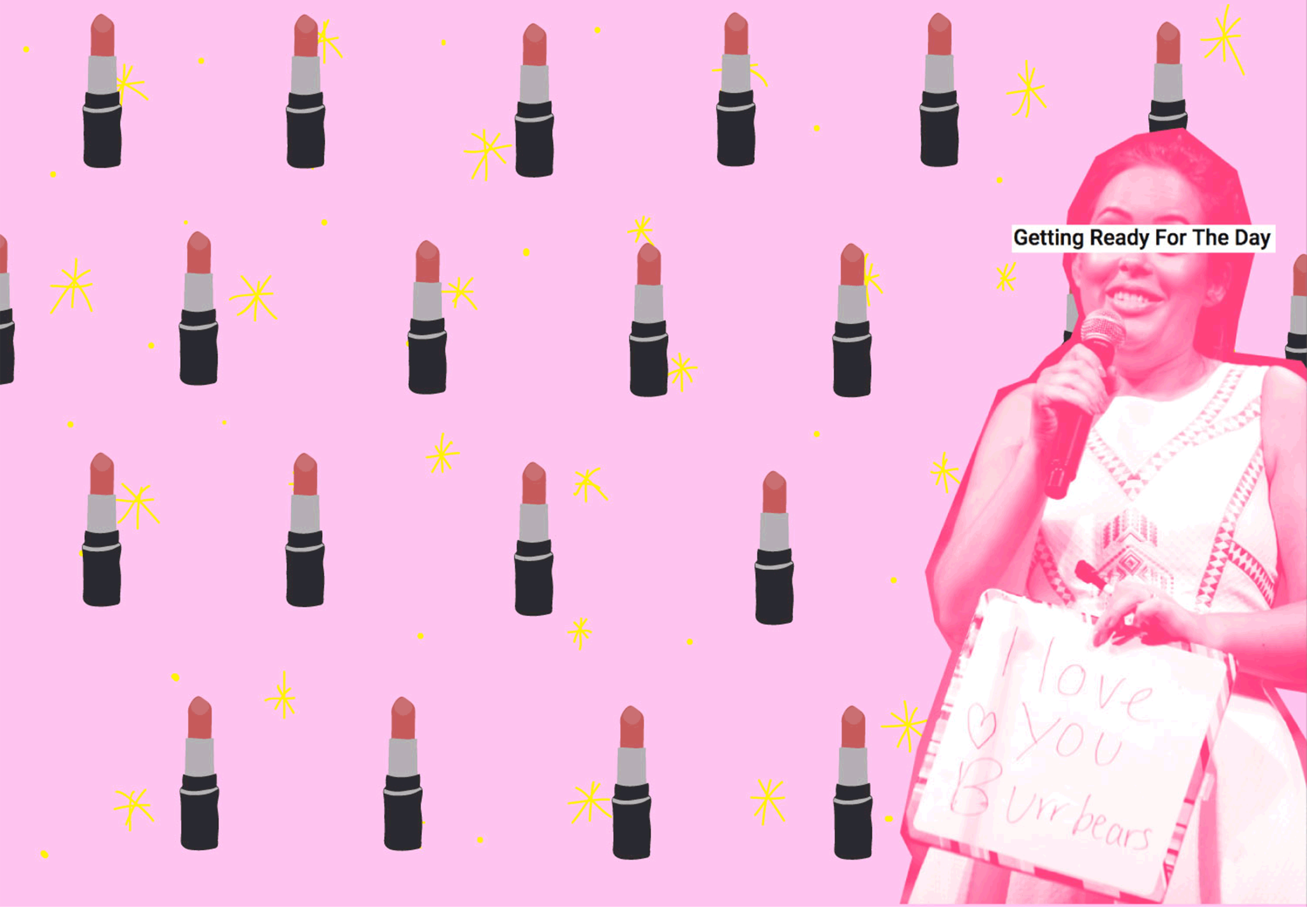
The beauty vlogger’s flawless identity is not a reflection of reality and beauty vlogging isn’t a reflection on reality. Beauty vlogging isn’t really realistic, so here is the truth about beauty vlogging.
The sight of immaculate bedrooms with soft white duvets and toothy smiles create a cathartic feeling in viewers. There is something about a beauty vlogger’s calming, pastel-coloured walls and the ecstatic pitch of their voices that insulate you from the outside world. After watching YouTube’s channels, saturated with luxury beauty hauls, skin care routines and drugstore makeup tutorials, I’m left in a sugar-coated trance.
You can easily be whisked into the beauty blogger world, a digital space that immerses viewers in a feminine sub-cultured reality. A place where we can be made of other substances like fairy dust or candy floss. You could be watching your sister or best friend, with a new social world established in the comfort of a bedroom.
You get lost in this digital space, with each bright eyed, euphoric persona moulding into the “beauty vlogger” identity. This video will inevitably lead you to a selection of beauty products that can be bought through various links in description boxes.
According to research conducted by Pixability, beauty-related content videos generated 88 billion views in 2017, compared to 55 billion in 2016, making makeup videos one of the most frequently searched videos on the platform. In April 2017, a survey by Social Blade revealed the most popular beauty channels have over 50 million subscribers combined. Mexican beauty vlogger Yuya is the most subscribed beauty content creator on the video platform, with 21.9 million subscribers.
Teenage girls are the highest “prosumers” of these videos and it’s easy to see the appeal of the beauty vlogger aesthetic. Through the eyes of teenage girls, the beauty vlogger’s lifestyle appears an exploration of “feminine identity”, with most of the tutorials recorded in the intimate space of their bedrooms. British beauty vlogger, Zoella and her partner, YouTuber Alfie Deyes, have been moulded into picture-perfect waxwork dolls. The frozen setting; a white, airy bedroom and the sweet, amicable body language of the couple encapsulates the beauty vlogger culture seamlessly.
The privatisation and intimacy of a beauty vlogger’s bedroom builds a feeling of affection and openness between the YouTuber and the viewer. It exudes a message that there is nothing to hide; it is a universal, feminine space that we attach to a woman’s authenticity and true being, where secrets can be confined and revealed in this sphere. The environment is cool, relaxed, tranquil – it is so far removed from the corporate marketplace, yet in our ubiquitous, digital world, marketers have recognised this space as the most lucrative form of advertising and consumerism.
“The beauty industry capitalises on the message that being ourselves is never enough”
With YouTube hits becoming a new form of currency, beauty companies are pursuing these young entrepreneurs, offering them sponsorship opportunities, product placements and encouraging them to test out new products in their own spaces. According to Marie Claire the most successful beauty vloggers, including Zoella, Michelle Phan, Tanya Burr and Yuya are earning between £20,000 and £50,000 per month.
Beauty vlogger tutorials are created and formed with a strict, profitable structure; bedrooms must be pristine, with expensive handbags and feminine bedspreads in the backdrop. Makeup must be impeccable, showcasing the products that will be advertised, and clothing must be clean, creaseless and fashion forward; ensuring the beauty vlogger’s whole aesthetic is cohesive and presented as a complete “look”.
Entangled with the beautification of the face and body, is the beautification of the self. Psychological capacities such as shamelessness, sweetness and aspiring confidence are qualities we internalise as the beauty vlogger’s persona.
Rosalind Gill, author of Aesthetic labour: Rethinking beauty politics in neo-liberalism expresses there is an aesthetic labour behind this perfect self, that “in today’s makeover culture it is not just the body that is reinvented but the whole self, the making of a beautiful subjectivity”. She elaborates that the reinvention of the self is not only a work requirement, “it has translated into a growing social and cultural imperative due to the intensification of use”.
“Beauty vlogging can be a source of education and empowerment for some as well as a marketing machine that transcends how we look and capitalises on how we feel”
The increasing popularity of YouTube merges our realities with something immaterial. Our lives are compared to data and over-rehearsed, computer-generated images, where the female body is scrutinised and displayed as a project to be worked on. The beauty industry capitalises on the growing presence of the platform and thrives on the inexorable message that being ourselves is never enough.
Beauty vlogging can be a source of education and empowerment for some. Viewers can indulge in makeup tutorials, entering an exclusively feminine world and replicate a variety of looks on themselves, with many videos showcasing creativity and skill that wouldn’t be accessible without these individuals.
They are role models who offer an inspirational pathway to the self-creation of success. It celebrates youthful entrepreneurialism, with these once “ordinary” girls displaying a hard work ethic that has transformed their lives. It is the epitome of the social media “self-made world” that the younger generation can thrive in today.
Whether viewed as positive or negative, the normality of YouTube can feed into a deeper sense of belonging, of connecting to a group of people who are the embodiment of popularity and commercialism – with the most successful beauty vloggers being beautiful, thin, light-skinned, cis women.
These unhealthy messages are perpetuated in our fast-paced digital world where isolation is becoming the norm and the consumption of beauty videos and products continues to grow. We need to be highly conscious of this before the magic we all have disappears into an infinite space of data, where faces and bodies are only pixels being manipulated to fit a constantly changing aesthetic.
Our sense of self is moving in sync with a marketing machine that transcends how we look and capitalises on how we feel. Our eyes need to be peeled open for the next beauty evolution; something that will push our current feelings into another medium and make us forget this aesthetic ever existed.

